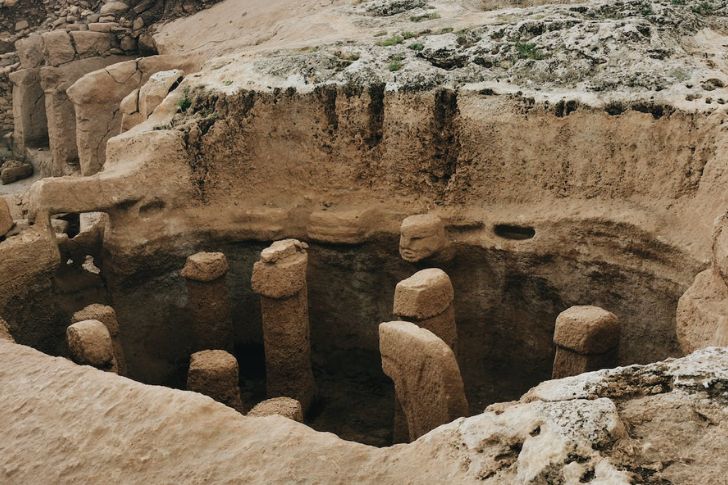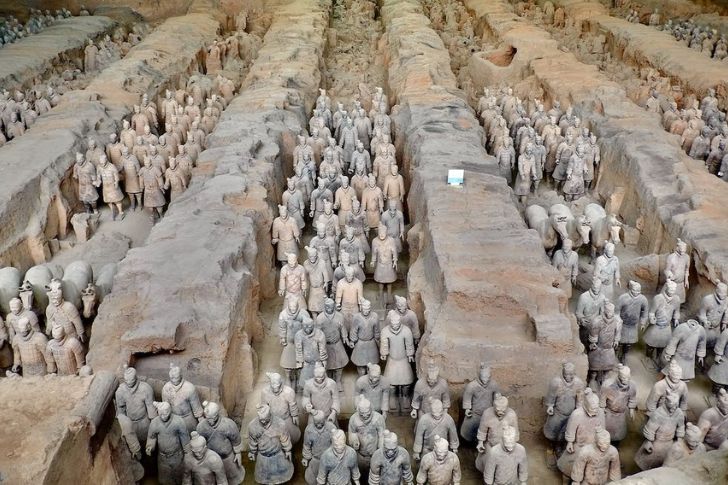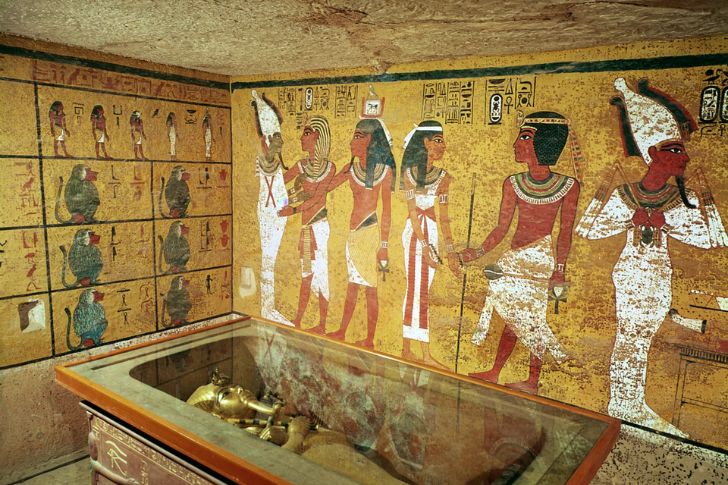Archaeological discoveries have often provided crucial insights into human history, challenging previous assumptions and reshaping our understanding of the past. Here are several notable archaeological findings that have rewritten history:
-
Göbekli Tepe (1994)
The discovery of Göbekli Tepe in southeastern Turkey challenged the conventional timeline of human civilization. Dating back to around 9600 BCE, Göbekli Tepe is an ancient temple complex with massive stone pillars arranged in circular patterns. This site predates the invention of agriculture and challenges previous ideas about the sequence of human cultural development.

Orthosved | Pexels
-
The Terracotta Army (China)
Unearthed in 1974 in the Shaanxi province of China, the Terracotta Army is a collection of thousands of life-sized soldiers and horses that were buried with the first Emperor of China, Qin Shi Huang. This discovery provided a remarkable glimpse into the military organization and craftsmanship of the Qin Dynasty.

TonyNojmanSK | Pexels
-
Tutankhamun’s Tomb (1922)
British archaeologist Howard Carter’s discovery of the nearly intact tomb of Tutankhamun in the Valley of the Kings in Egypt provided an unprecedented glimpse into the wealth and artistry of ancient Egypt. The find reshaped our understanding of Egyptian burial practices and provided insights into the life of a young pharaoh.

Smithsonian Magazine
These archaeological discoveries have significantly influenced our understanding of human history, challenging preconceived notions and contributing to a more nuanced and dynamic narrative of the past. Ongoing excavations and research continue to shed light on our shared history.







